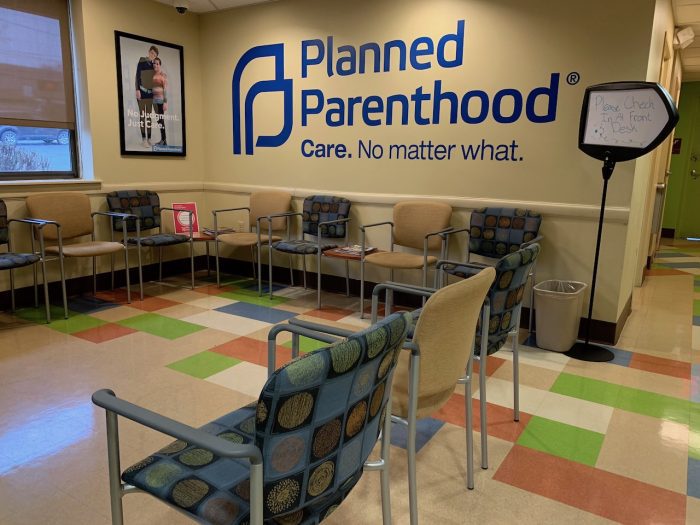Making Democracy Work: Why Planned Parenthood matters
By Lisa Scott
Nancy Marr’s February 2, 2024 column in this newspaper, “Equal Rights Amendment…It’s Time” explains that the proposed New York State ERA (which will be on the back of the November 2024 ballot) is not “a women’s equality amendment” but seeks to protect women as a class and men as a class against discrimination under the law for any reason. The NYS ERA bill explicitly includes language to clarify that discrimination based on a person’s pregnancy or pregnancy outcomes would be sex discrimination, protecting pregnant people from punishment. These protections will help to guarantee that all people have the right to bodily autonomy.
One organization that has continued to fight to ensure all people have access to the care and resources they need to make informed decisions about their bodies, their lives, and their futures is Planned Parenthood. Planned Parenthood started in 1916 in Brownsville (Brooklyn) New York. In 1933 and 1951, communities in Westchester and Suffolk counties, respectively, were providing health services, accurate information and education, and advocacy for reproductive rights and justice. Today, these counties (with a total population of close to 3 million residents) are now joined as Planned Parenthood Hudson Peconic (PPHP). (All data in this article are as of full-year 2022.)
PPHP now serves as a major provider of sexual and reproductive health care for the region and a leading public advocate in the suburban metro area. There are 10 health centers and 2 mobile health centers, which offer a wide range of sexual and reproductive health care services regardless of the individual’s age, race, ethnicity, religion, gender, sexual orientation, gender identity, immigration status, or ability to pay. In 2022, PPHP provided 45,790 health care visits and served 27,017 patients throughout the 4 counties. Over half of PPHP’s patients are on Medicaid and fall at or below the federal poverty line. Fees for many services are based on a sliding scale tied to income and family size.
PPHP has recently launched initiatives to bring the majority of their health services directly into communities through their mobile health centers, as well as offering expanded telehealth services as an outgrowth of challenges during the COVID pandemic. Reproductive health care cannot wait, so patients can access services such as birth control, emergency contraception, sexually transmitted infection (STI) testing and treatment, HIV testing and education, PrEP and PEP for HIV prevention, gender-affirming care, and more, and access these services with fewer visits or without needing to visit a health center at all.
Every person’s personal decision about their pregnancy should be respected and valued. There is widespread disinformation on Planned Parenthood’s services, in particular abortion services. Contrary to popular belief, abortion is common, nearly one in four women, and more gender expansive people in America will have an abortion by age 45. 6 out of 10 people who get abortions already have kids. PPHP performed 1,993 procedure abortions and 6,238 medication abortions in 2022, but also vasectomies, colposcopies (cervical exams), HPV vaccinations, breast exams, and pap tests. STI tests (59,530) and contraception management visits (33,199) were by far the service most in demand/provided.
PPHP is one of eight Planned Parenthood affiliates to offer prenatal care. The organization recently launched Centering Pregnancy in two of its health centers, an innovative style of group prenatal care that empowers pregnant people to be actively involved in their own care and equips them to make healthy choices throughout their pregnancy and beyond. Numerous published studies show that Centering patients have healthier babies and that Centering nearly eliminates racial disparities in preterm birth. PPHP is committed to improving maternal health outcomes and reducing maternal mortality, particularly among people of color.
We should be empowering people to make their own health and reproductive care decisions, and remind them that there is a team of health professionals at PPHP that can answer questions and address concerns with understanding and respect. And voting yes in November for the NYS ERA will take a big step to protecting a person’s right to make decisions about their own bodies. PPHP can be reached at 800-230-PLAN or visit pphp.org.
Lisa Scott is president of the League of Women Voters of Suffolk County a nonprofit, nonpartisan organization that encourages the informed and active participation of citizens in government and influences public policy through education and advocacy. For more information, visit https//my.lwv.org/new-york/suffolk-county.







